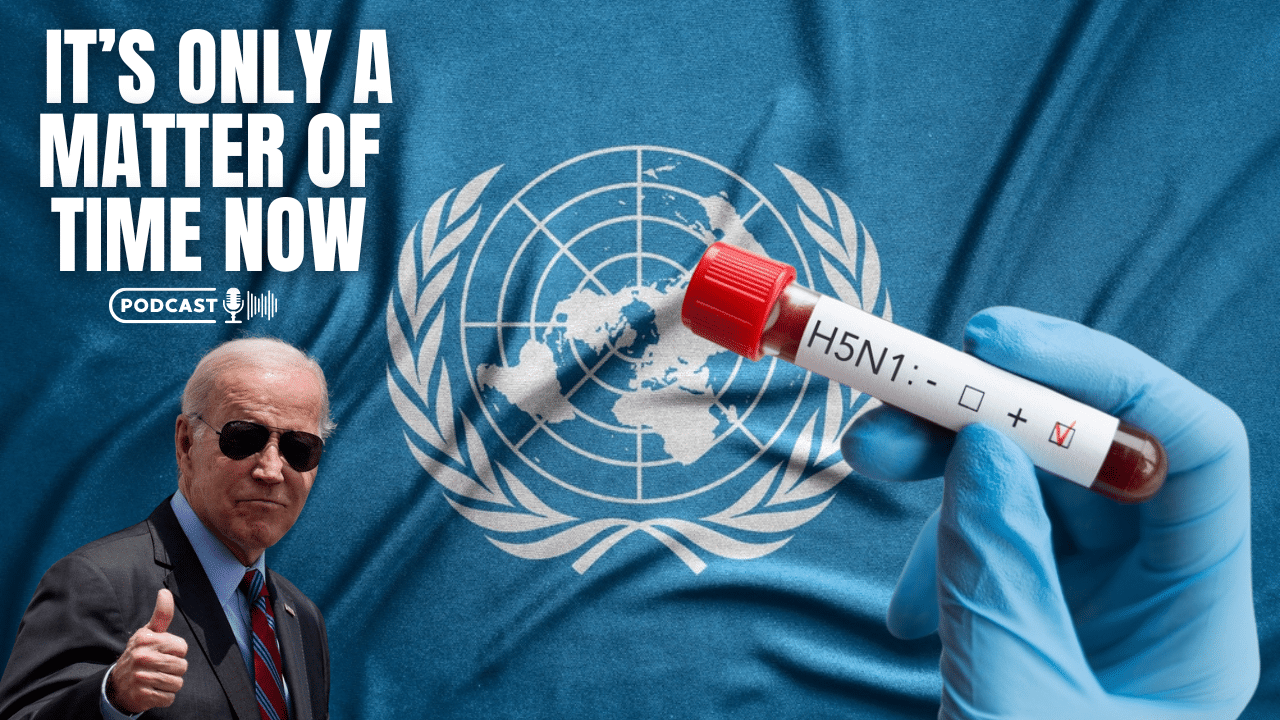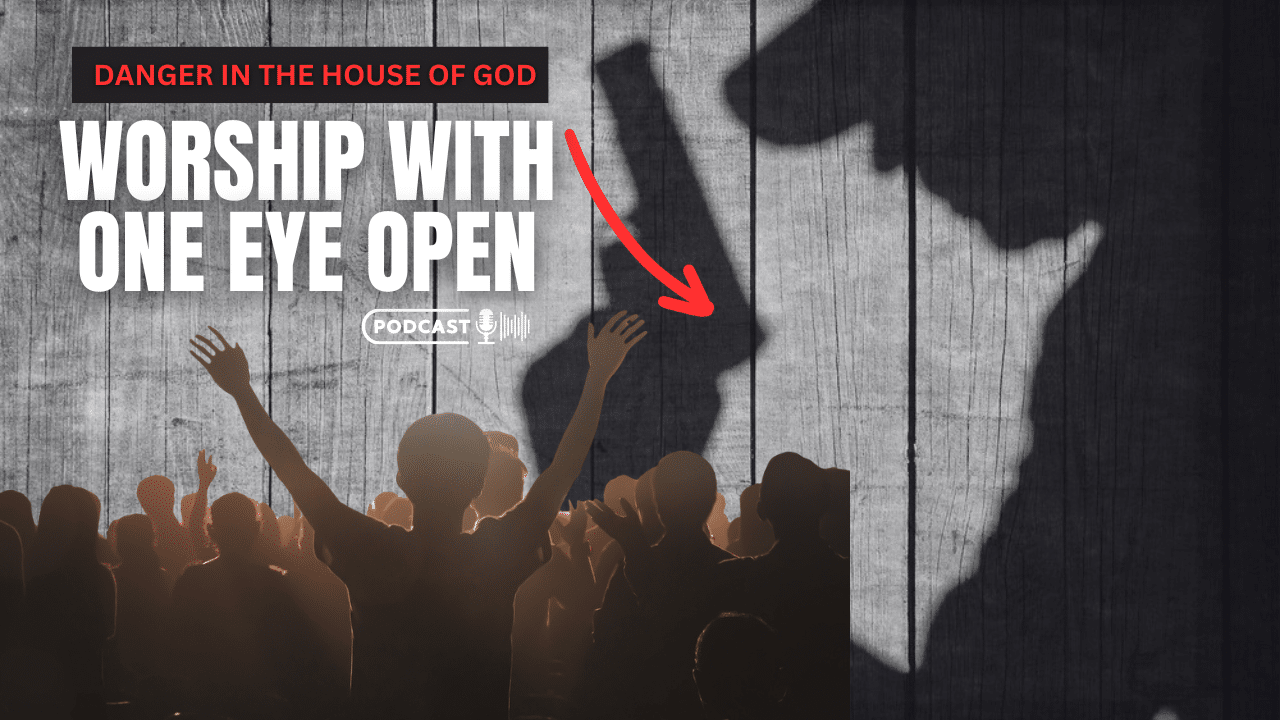A cheap vaccine could reduce high cholesterol and slash the risk of diseases like heart disease and stroke within 10 years.
Researchers at the University of New Mexico School of Medicine (UNM) found that the injection lowered LDL (bad) cholesterol by nearly 30 percent in mice and monkeys, which the researchers described as ‘promising’.
The vaccine works by blocking the cholesterol-raising protein PCSK9 and would be given once a year if it makes it to pharmacy shelves. The researchers also predict it could cost less than $100 per dose.
After decades of failed public health messaging on weight-related conditions, research has pivoted to treating them with pharmaceuticals.
There has already been success, with Wegovy and the newly-approved Zepbound proving highly effective at treating obesity. It’s also a key risk factor in heart disease, which kills almost 18 million adults in the world every year.
Dr Bryce Chackerian, lead researcher and Regents’ Professor in the Department of Molecular Genetics & Microbiology at UNM, said: ‘This is a vaccine that we think can have a global impact. So, not just in the United States, but around the world where heart disease is a significant problem.’
‘We hope to have a vaccine in people in the next 10 years.’ High cholesterol occurs when there are too many fatty deposits called lipids in the blood. This can make it difficult for blood to flow through the arteries and travel to vital organs like the heart and the brain.
This causes the heart to work harder, which increases the chance of it weakening, leading to heart attack and heart disease. The brain, meanwhile, becomes deprived of oxygen, raising the risk of a stroke.
Greasy foods, smoking, drinking, and lack of exercise can all raise LDL cholesterol, though some people with a family history can be genetically predisposed to it.
The vaccine targets the protein PCSK9, a molecule made in the liver that travels through the bloodstream and raises LDL (bad) cholesterol. The more the body makes, the higher LDL cholesterol will be.
The shot blocks the protein by injecting non-infectious virus particles with tiny bits of PCSK9 attached to them.
‘It is just the shell of a virus, and it turns out that we can use that shell of a virus to develop vaccines against all sorts of things,’ Dr Chackerian said. ‘Your immune system makes a really strong antibody response against this protein that’s involved in controlling cholesterol levels.’
















